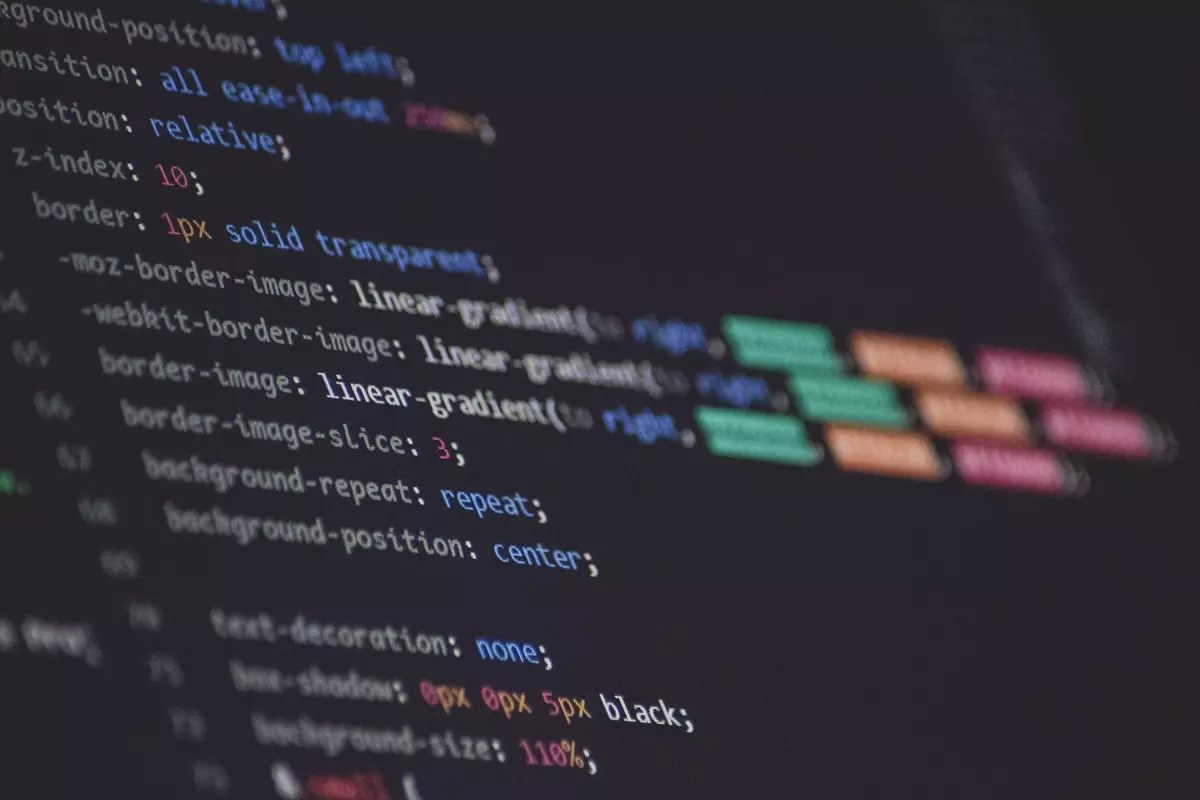Web design is in continuous evolution, adapting to emerging technologies and changes in user behavior. Currently, artificial intelligence (AI) has a significant impact on web design and promises to revolutionize how websites are created and experienced by users. This article explores current trends and speculations regarding the evolving role of AI in web design and analyzes the impact of this technology on the future of web design.
The Current Role of Artificial Intelligence in Web Design
Before delving into future perspectives, it’s important to understand how AI is already influencing web design. Some key aspects include:
- Content Personalization: Using AI technology, it’s possible to analyze detailed data on how users interact with a website or platform, making it easier to provide personalized content and recommendations tailored to each user. This approach significantly enhances the user experience by offering content and suggestions that align with individual preferences and online behavior.
- Design Automation: Through AI technology, web content creators can develop highly customizable design templates and automate tedious and repetitive tasks such as image resizing or interface optimization. This leads to increased efficiency in the web development process.
- SEO Optimization: Leveraging advanced AI capabilities, detailed analysis and efficient optimization of content can be achieved to ensure it is indexed and displayed in search engine results. This strategic approach can have a significant impact on a website’s search engine ranking, resulting in increased visibility and online traffic.
- A/B Testing and Conversion Improvement: AI allows for complex A/B testing, comparing and carefully evaluating multiple design variants in terms of their performance with users. These tests provide essential data and insights for identifying and implementing improvements that lead to increased conversions and an overall satisfying experience for website or platform visitors.
- Content Development Assistance: Artificial intelligence has the ability to provide recommendations regarding suitable content topics, captivating titles, and appropriate formats based on a careful analysis of current trends in the respective field and understanding of individual user preferences. AI contributes to the creative and editorial process by offering relevant suggestions to attract and retain the target audience’s attention.
Predictions for the Future of Web Design with Artificial Intelligence
- Automated Content Creation: One major direction in the future development of technology is related to the impressive potential of artificial intelligence (AI) to generate exceptionally high-quality content. Using natural language generation, AI can develop personalized texts, images, and even videos for websites, saving time and resources for developers and designers.
- Generative Design: Artificial intelligence (AI) will be able to create truly remarkable and personalized designs, considering both user preferences and business objectives. Thanks to this functionality, websites will experience improvements in both their attractiveness and effectiveness in successfully achieving predefined goals.
- Enhanced User Experiences: AI will continue to constantly record and understand how users interact with websites, providing real-time recommendations to consistently enhance their experience. These suggestions may involve interface personalization, simplified navigation, and the implementation of intelligent voice assistance, all contributing to a more enjoyable and efficient user experience online.
- Increased Security: Artificial intelligence (AI) will play a crucial role in detecting and countering cyber threats, ensuring a high level of security for user data and business information. This commitment to security will be essential to safeguarding the integrity and confidentiality of data in the digital environment.
- Web Development Efficiency: In the near future, the web development process will experience a notable improvement in terms of speed and efficiency as automation of routine tasks and constant source code optimization become central elements in this process. This will lead to cost reduction and accelerated website launch processes.
Speculations Regarding the Social and Ethical Impact of AI in Web Design
As AI becomes more integrated into web design, concerns arise about the social and ethical impact of this technology. Some important considerations include:
- Increased Accessibility: AI can have a significant impact on ensuring universal web accessibility, allowing all users, including those with disabilities, to benefit from online experiences. However, it is crucial for developers to be vigilant and ensure that AI algorithms do not inadvertently introduce new barriers or complications for those with special needs in using the internet.
- Algorithm Neutrality: AI can be susceptible to introducing biases or assumptions, potentially leading to discrimination or manipulation in the web design process. In this context, significant efforts must be focused on developing and implementing algorithms that are ethical and do not favor any form of cultural or social bias, ensuring fair and inclusive web design.
- Protection of Personal Data: Artificial intelligence (AI) uses personally identifiable information to tailor content to user preferences, raising questions about the protection of their personal data. It is crucial that any AI implementation strictly complies with data protection legislation, thereby ensuring an adequate level of security and confidentiality for users’ personal information.
In conclusion, web design is in a state of continuous evolution, and AI plays an increasingly significant role in shaping its future. With promises of advanced personalization, generative design, and enhanced user experiences, AI has the potential to revolutionize how we interact with websites. However, it’s important to approach the implementation of this technology responsibly and ethically to ensure an accessible and secure web for all users.
As technological advancements continue to unfold, we are witnessing a significant increase in the influence and development of artificial intelligence in the field of web design. This evolution requires us to be vigilant in anticipating and adapting to the radical changes brought about by this technology. Certainly, artificial intelligence represents an essential pillar in the exciting future of web design, leading us toward new horizons and improved, more captivating online experiences for all users.
Follow us on social media:
Instagram: https://www.instagram.com/securemenow/
Facebook: https://www.facebook.com/securmenow
We offer Web Design and WEB AI services. Contact us







